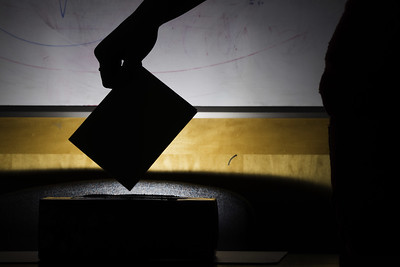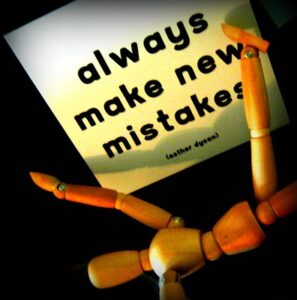A new study of American attitudes toward college education shows that slightly less than half of Americans think the benefits of a college education outweigh its costs. The research, conducted by Public Agenda, also shows some significant bi-partisan support for higher education.
The study, which hit the streets last week, reveals some jaw-dropping conclusions about higher education in 2022. Eighty-three percent of respondents say that a college education is financially out of reach for low-income Americans. Being out of reach for certain Americans is one thing, but merely going to college may be a waste of time and money for some students. Three-fourths of respondents believe that the economy unfairly favors those who are already wealthy.
In the survey, community colleges received some love. Most respondents believe that community colleges offer good value for both the student and the taxpayers. To that end, respondents also believe that the primary goals of a post-secondary education should be career readiness and providing students with a balanced general education.
The cost of a college education is on peoples’ minds, and this is one area that gets broad bi-partisan support. More than two thirds of Democrat, Republican and independent voters favored tax incentives for employers who provide tuition assistance to their employees. Similarly, a super-majority of respondents support interest-free student loans and income-based loan repayments.
More than half of respondents with a political alignment indicated that they support taxation on the wealthiest individuals to make higher education lest costly, and they also support making public community college tuition free.
Some believe a college education should be free
That is not the only good news for community colleges. Most Americans think that we should rethink the way we pay for a college education. The majority favor a funding model that sees the government picking up the tab for post-secondary education. Alternately, Americans are also OK with splitting the college education bill between the student and the federal government.
One area where Public Agenda found broad political support showed that nine out ten respondents believe that a college education can help people who are already working advance their careers. More than seven out of ten respondents believe that increasing the number of people in their state with a college degree will both improve an individual’s earning power and help their state attract more new employers.
Two-thirds of respondents felt that higher education institutions are “stuck in the past.” This reduces the utility of a college education because respondents believe that colleges cannot meet the needs of students.
Paying for college education is a community sport
Many of these findings – especially those related to taxation as a form of investment in higher education – seem to run counter to the attitudes expressed by Washtenaw Community College’s Board of Trustees. Across the political spectrum, people believe in the power of a college education and accept that college affordability and relevance will come only with higher taxation.
Michigan’s community colleges can seek direct tax support from the residents of their tax district. Further, the Public Agenda study seems to indicate that people will support higher taxation for post-secondary education. Yet our Trustees frustrate this by using their positions to guard their own tax bills. The overall effect of this is to increase the cost of higher education for people who are already unable to afford it. Secondarily, this approach diverts funding voters authorized for WCC’s operation to capital expenses. This places limits on spending to develop innovative, contemporary academic programs.
We need Trustees who are better prepared to recognize and support the needs of the community.
Photo Credit: Michael Swan , via Flickr






























